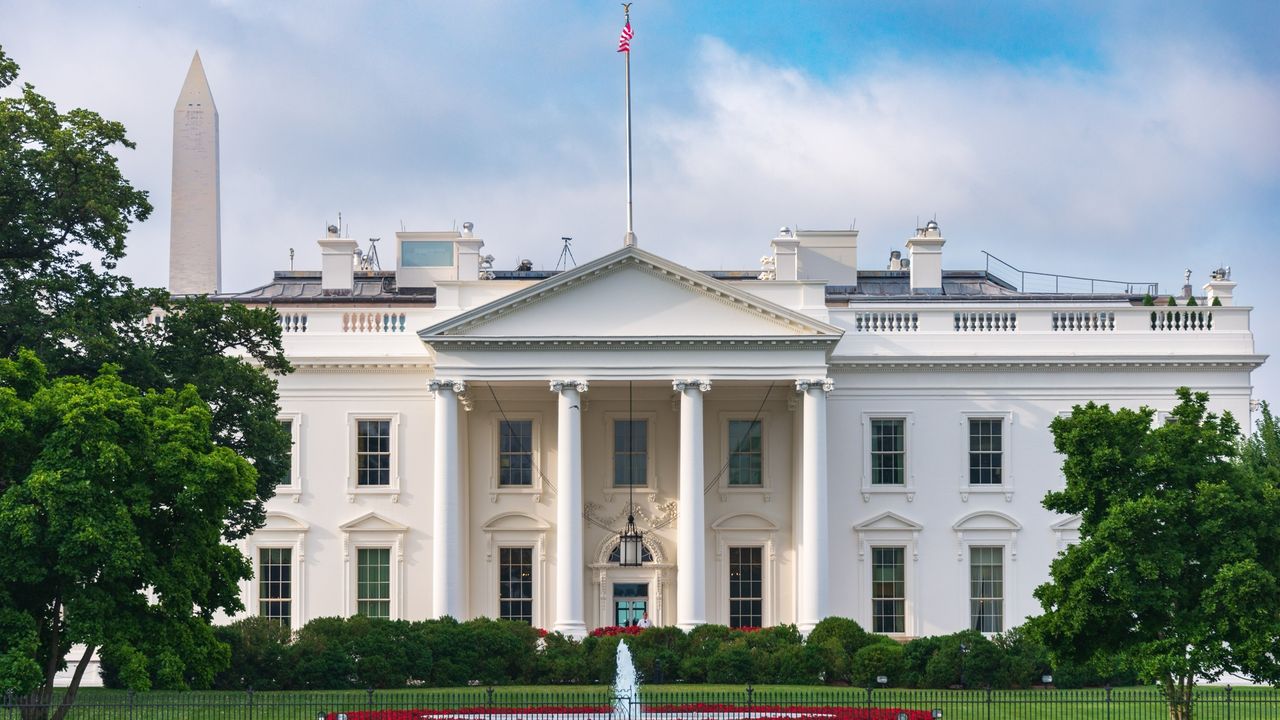
TSMC and Micron are reportedly spared from Washington’s move to ask for an equity stake in exchange for CHIPS Act funding. According to the Wall Street Journal, a government official stated that there are no plans to request shares from CHIPS Act recipients that have or are increasing their investments in the country. “The Commerce Department is not looking to take equity from TSMC and Micron,” the official told the publication.
The talk of equity in exchange for the Biden-era grants gained steam when U.S. Commerce Secretary Howard Lutnick confirmed during a live interview with CNBC that the White House is in talks with Intel to acquire a 10% stake in the company for the nearly $8 billion allocated under the CHIPS Act. But what caught the attention of almost every other grant recipient is Lutnick’s planned expansion of this plan to other chip makers.
“We should get an equity stake for our money,” Lutnick said during the interview. “So, we’ll deliver the money, which was already committed under the Biden Administration. We’ll get equity in return for it; get a good return for the American taxpayer, instead of just giving grants away.”
Some entities have reacted to this statement, with South Korea denying that the U.S. will acquire shares in Samsung, the country’s crown jewel, whose revenue accounts for nearly 20% of its GDP. There were also discussions within TSMC to return the subsidies if Washington pushes through with its plan. To assuage the concern rippling across the industry regarding this plan, the White House clarified that companies that have already increased their investments beyond the original commitment under the CHIPS Act.
TSMC, which received $6.6 billion, has already expanded its initial $65 billion commitment to $165 billion, which will be used to build three more fabs at its Arizona location. Micron, which was allocated $6 billion, has also announced a $200 billion investment plan, with its first U.S. fab in years set to open in the latter part of 2027. This means that the two companies will not be asked to give up some equity to Washington for the money they received. However, corporations that cannot invest more in the U.S. might be required to hand over some shares to Washington.
This grant for equity exchange is the latest in a series of moves the White House is taking to force companies to manufacture in the U.S. For example, President Donald Trump announced a 100% tariff on semiconductors, but exempts companies that build them domestically. He has also applied tariffs on all imported products in a bid to boost and protect local manufacturing and make goods coming from abroad more expensive.







